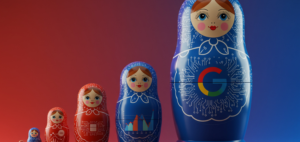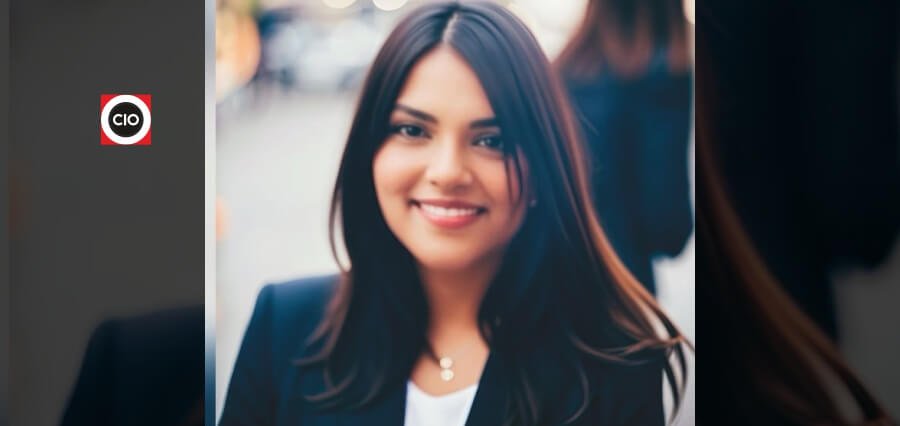Prime Highlights
- Meta underestimated TikTok, Mark Zuckerberg admitted, significantly affecting the firm’s growth.
- TikTok’s swift climb changed user participation patterns, catching Meta off guard in social media dominance.
Key Facts
- TikTok has been referred to as the “highest competitive threat” to Facebook and Instagram-owned Meta’s platforms by Zuckerberg.
- Meta initially underrated TikTok and viewed it primarily as a content platform similar to YouTube rather than a social media competitor.
- Zuckerberg maintained that the exclusion of TikTok and YouTube from antitrust definitions provides a distorted picture of Meta’s market influence.
Key Background
Meta CEO Mark Zuckerberg recently offered positive criticism in an antitrust hearing, acknowledging that TikTok’s sudden rise significantly helped to disrupt Meta’s momentum. For a fleeting and reflective moment, he attested that Meta was unable to respond sufficiently well to the TikTok threat with adequate quickness. The platform’s highly interactive mode of short videos captured the interests of younger generation fans and remapped the user engagement patterns with content that Meta had traditionally dominated up to that point.
TikTok is presently the largest competitor to both Facebook and Instagram. Zuckerberg added that Meta’s leaders initially underestimated TikTok’s role and did not recognize it as a social network in the traditional sense. It was assumed that TikTok is similar to YouTube, where social interaction mattered less compared to sharing content. This underestimation provided a delay in strategic response, and TikTok secured a strong foothold.
Zuckerberg also touched on the broader implications for regulatory control. He objected to the Federal Trade Commission’s characterization of the social media market, excluding platforms like TikTok and YouTube. He argues that if those players are included in the analysis of the market, Meta’s dominance would look much less striking. This is especially relevant to the antitrust case currently under way, challenging Meta’s acquisitions of Instagram and WhatsApp.
The hearing also revealed earlier internal deliberations at Meta, including Zuckerberg’s earlier consideration of splitting up Instagram into a standalone company in an effort to pre-empt antitrust issues. The revelation shows how seriously Meta is treating the ongoing regulatory attention. Also, he verified Instagram’s advanced camera features during the acquisition period, which were a significant factor in the company’s decision to acquire instead of competing directly.
Zuckerberg’s testimony painted a portrait of a firm that grew too smug at the top and one that did not expect a new disruptor to shake things up. The admission is a change in how Meta publicly views its competition and indicates the evolving social media environment. As the regulatory authorities continue to investigate the market’s ways, Meta is left with two challenges ahead of it: being innovative amidst hyper-competitiveness and safeguarding its business modus operandi amidst mounting legal pressure.
Read also : Voices of Tomorrow: Celebrating India’s Emerging Authors in 2025








